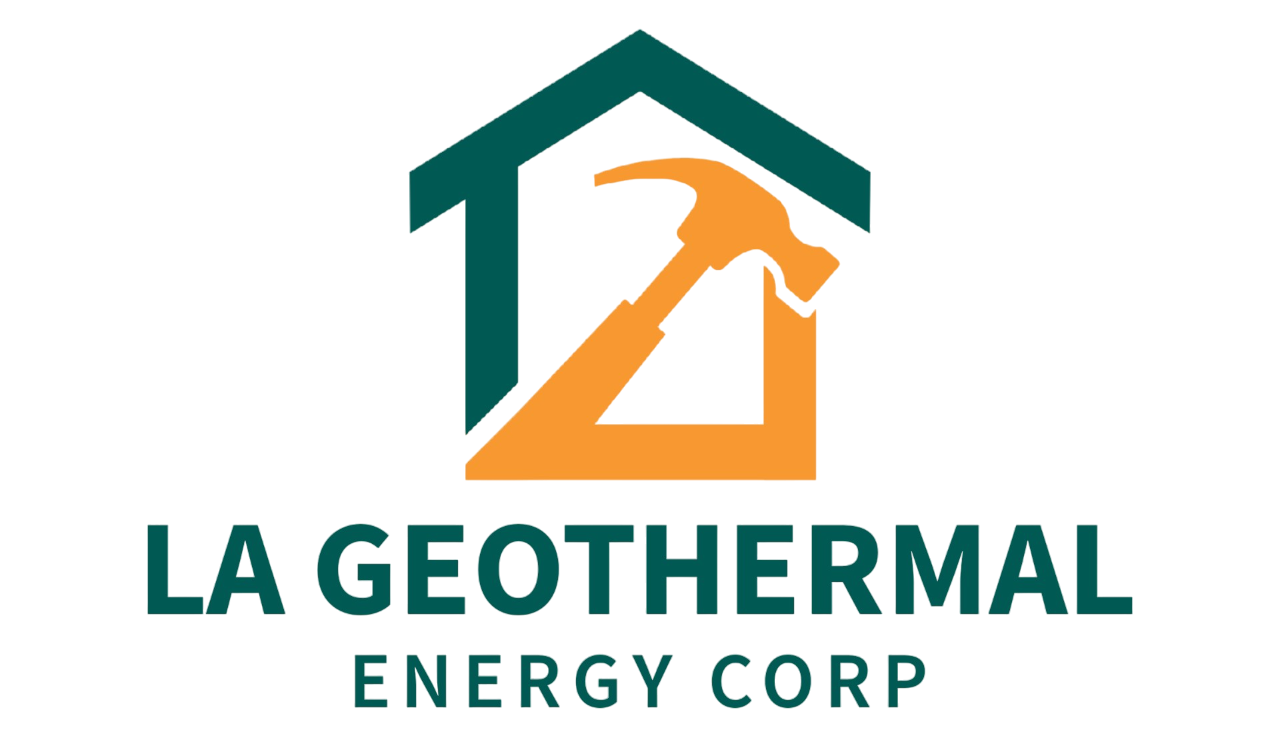A geothermal energy consulting job involves advising clients on the use of geothermal energy systems for heating, cooling, and electricity generation. Here’s a summary of what this role typically encompasses:
- Feasibility Analysis: Consultants assess the viability of geothermal energy for a specific site or project. This includes evaluating the geothermal resource potential, site conditions, and energy needs to determine if geothermal energy is a suitable and cost-effective option.
- System Design and Optimization: They design and recommend geothermal systems tailored to the client’s needs. This includes selecting appropriate technologies (e.g., geothermal heat pumps, geothermal power plants), sizing systems, and optimizing performance for efficiency and effectiveness.
- Cost Estimation and Financial Analysis: Consultants provide cost estimates for geothermal projects, including installation, operation, and maintenance costs. They also conduct financial analyses to evaluate the return on investment, payback period, and potential savings compared to other energy sources.
- Regulatory Compliance and Permitting: They guide clients through the regulatory and permitting processes required for geothermal energy projects. This includes ensuring compliance with local, state, and federal regulations, as well as obtaining necessary permits.
- Site Assessment and Resource Evaluation: Consultants perform or oversee site assessments to evaluate geothermal resources, including subsurface conditions, heat flow, and geothermal potential. This often involves coordinating with geologists and engineers for detailed assessments.
- Technology Selection and Procurement: They help clients choose appropriate geothermal technologies and equipment, such as heat pumps, wells, and heat exchangers. Consultants may also assist in the procurement process and vendor selection.
- Project Management: They may oversee the implementation of geothermal projects, coordinating between various stakeholders such as contractors, engineers, and regulatory agencies to ensure the project is completed on time and within budget.
- Performance Monitoring and Optimization: After installation, consultants may monitor system performance to ensure it operates efficiently and effectively. They offer recommendations for system adjustments or upgrades as needed to optimize performance.
- Education and Training: They may provide training and education to clients or stakeholders on the operation and maintenance of geothermal systems, as well as the benefits and potential issues associated with geothermal energy.
- Research and Development: In some cases, consultants might be involved in research and development activities to advance geothermal technologies, improve efficiency, or explore new applications for geothermal energy.
In summary, a geothermal energy consultant provides expert advice on the design, implementation, and optimization of geothermal energy systems, helping clients to harness geothermal energy efficiently and cost-effectively. They play a crucial role in assessing feasibility, ensuring compliance, and managing projects from conception through operation.

